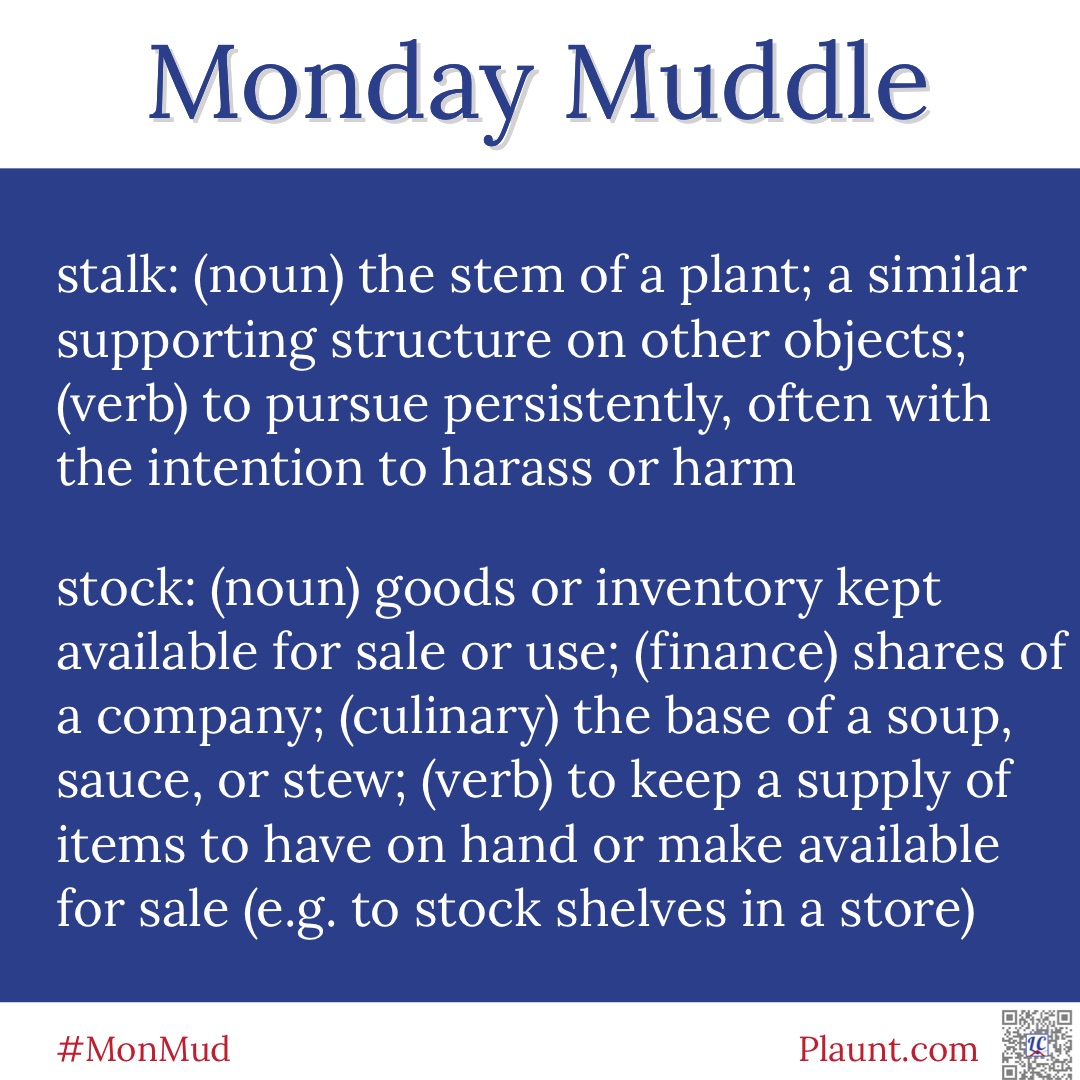For a weekly dose of language-based humour, visit my Facebook page at https://facebook.com/lcplauntMEd
Thursday Thought #SharonMcMahon
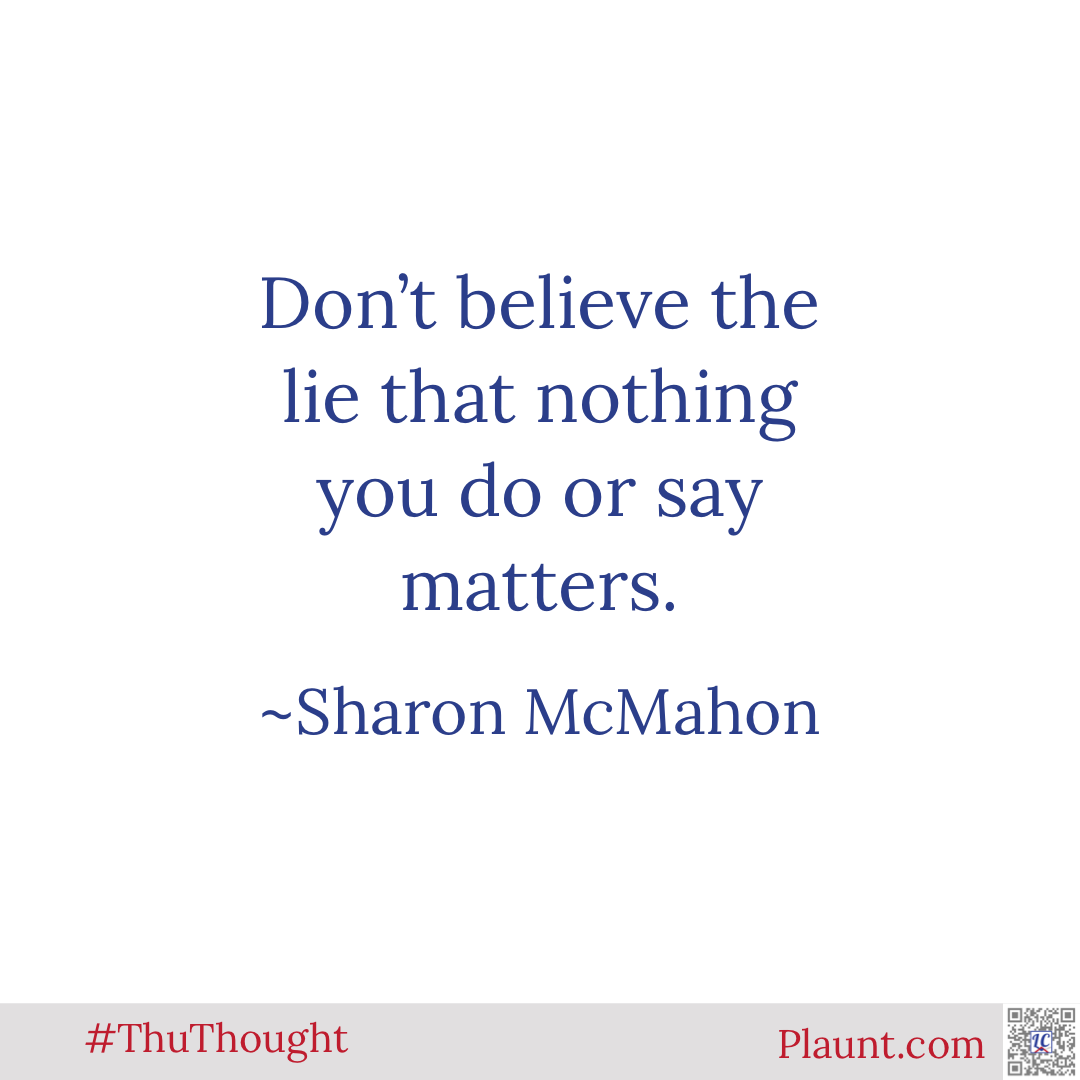
Wednesday Words
How many words can you make from these letters? Make words of any length, but use each letter no more than once per word. (If a letter is on the board twice you can use it twice.) Share your word lists in the comments.
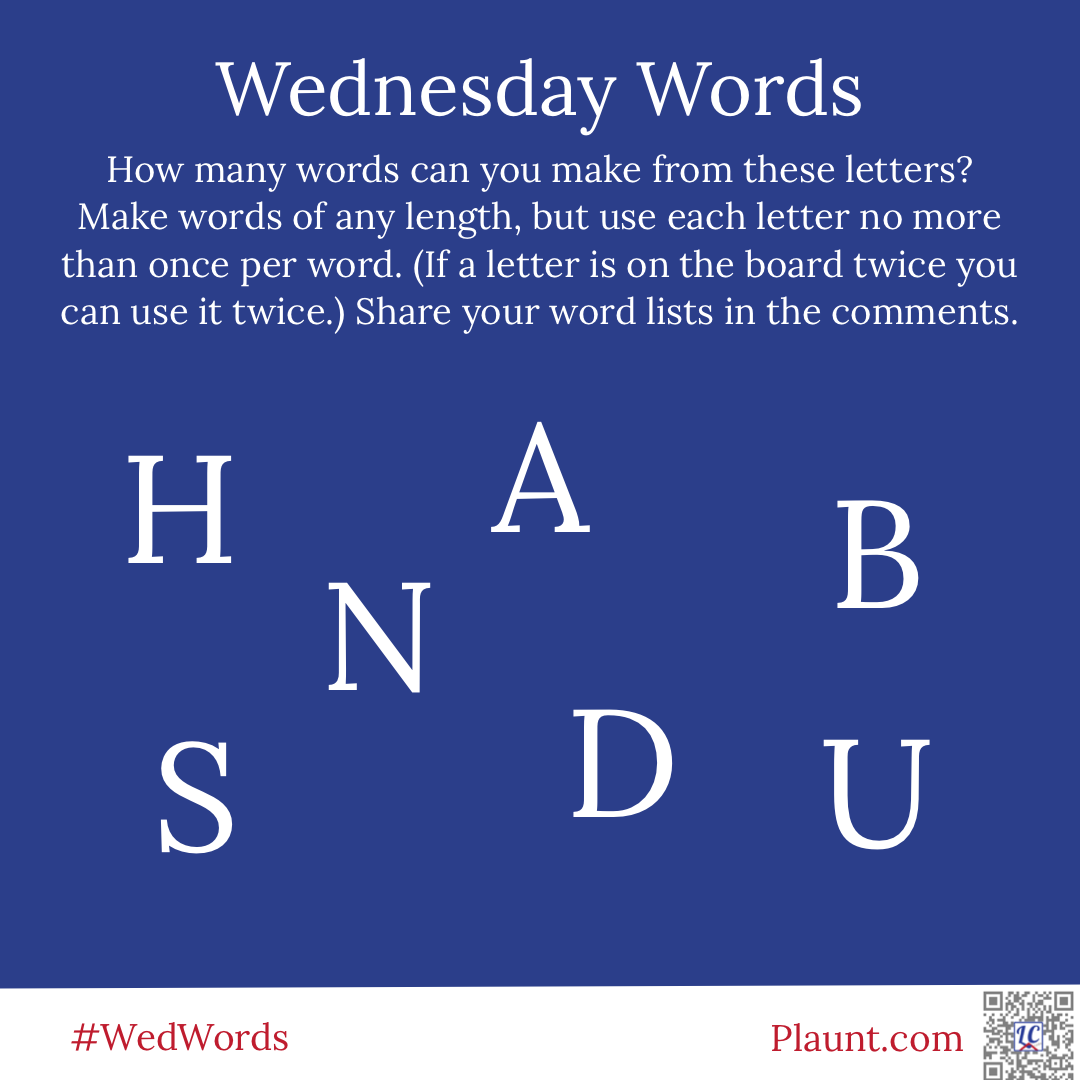
Tuesday Two
Monday Muddle: browse, brows
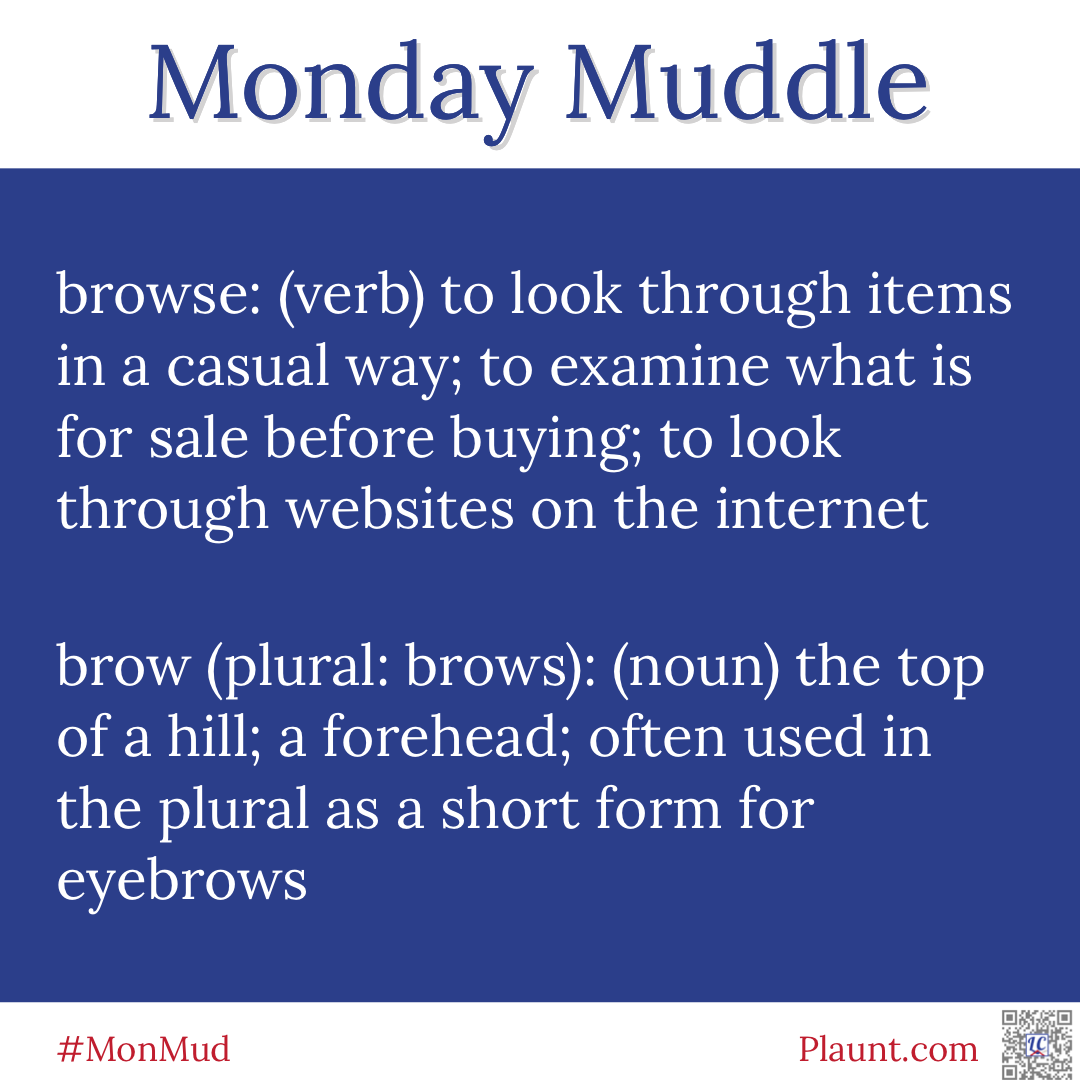
Language Laughs
For a weekly dose of language-based humour, visit my Facebook page at https://facebook.com/lcplauntMEd
Thursday Thought #KristinaKuzmic
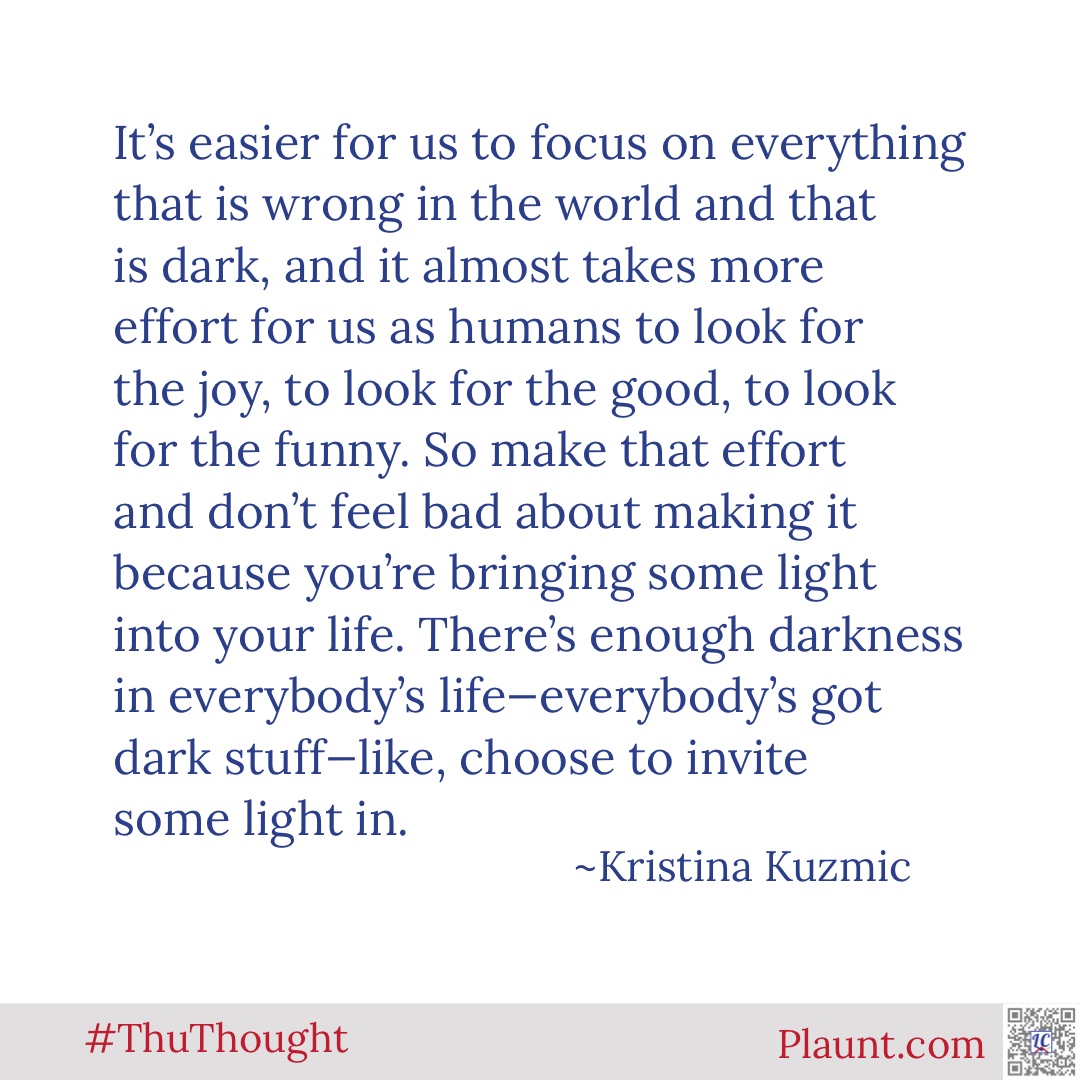
Wednesday Words
How many words can you make from these letters? Make words of any length, but use each letter no more than once per word. (If a letter is on the board twice you can use it twice.) Share your word lists in the comments.
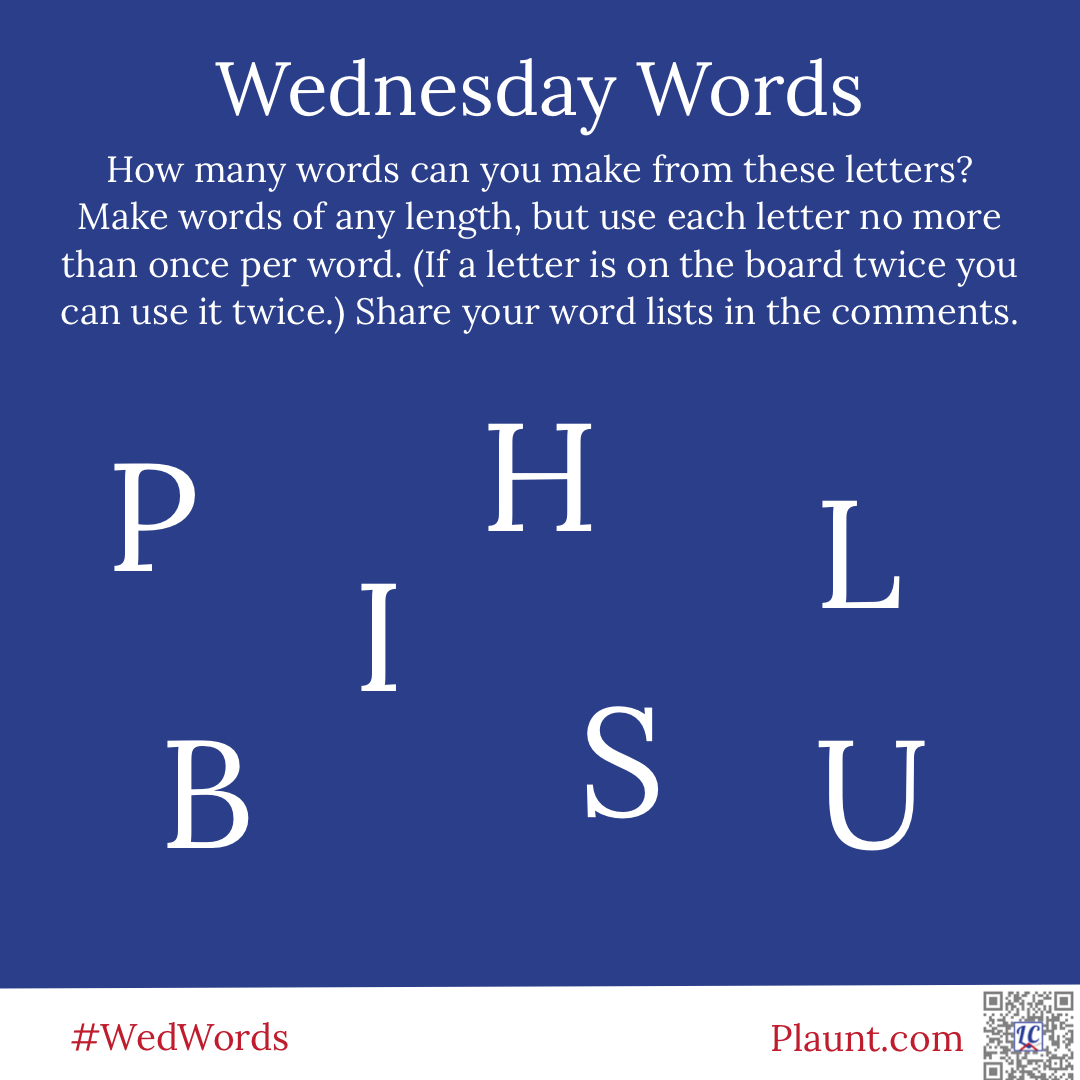
Tuesday Two
I’ve decided to change up Tuesday Two. Instead of writing a two-sentence story about a random picture, use two sentences to tell me about what you are writing.
Monday Muddle: stalk, stock
A couple important points to remember:
You probably wouldn’t stalk shelves.
A laughing stalk is probably some kind of character in an animated feature. A laughingstock is a person, or thing, that is being ridiculed or mocked.
